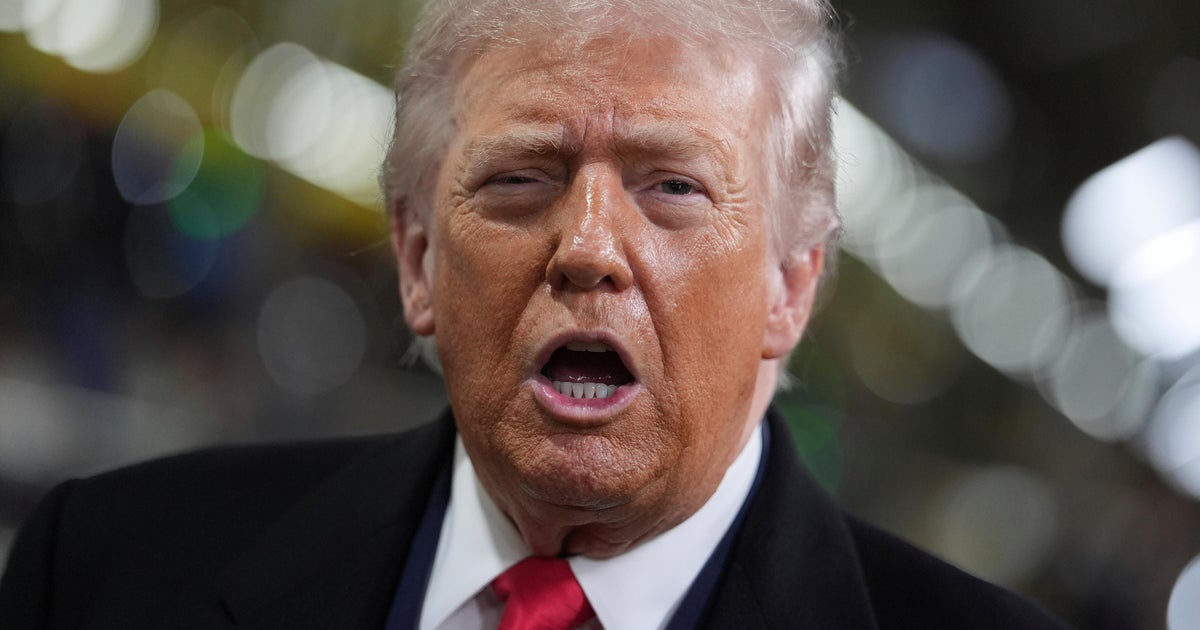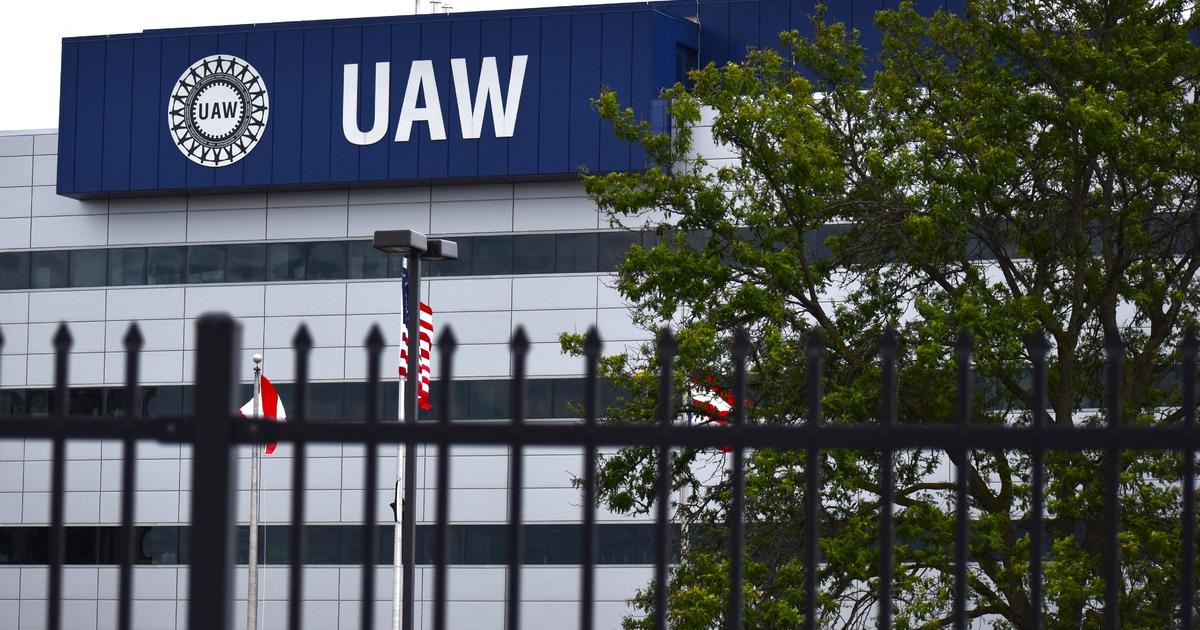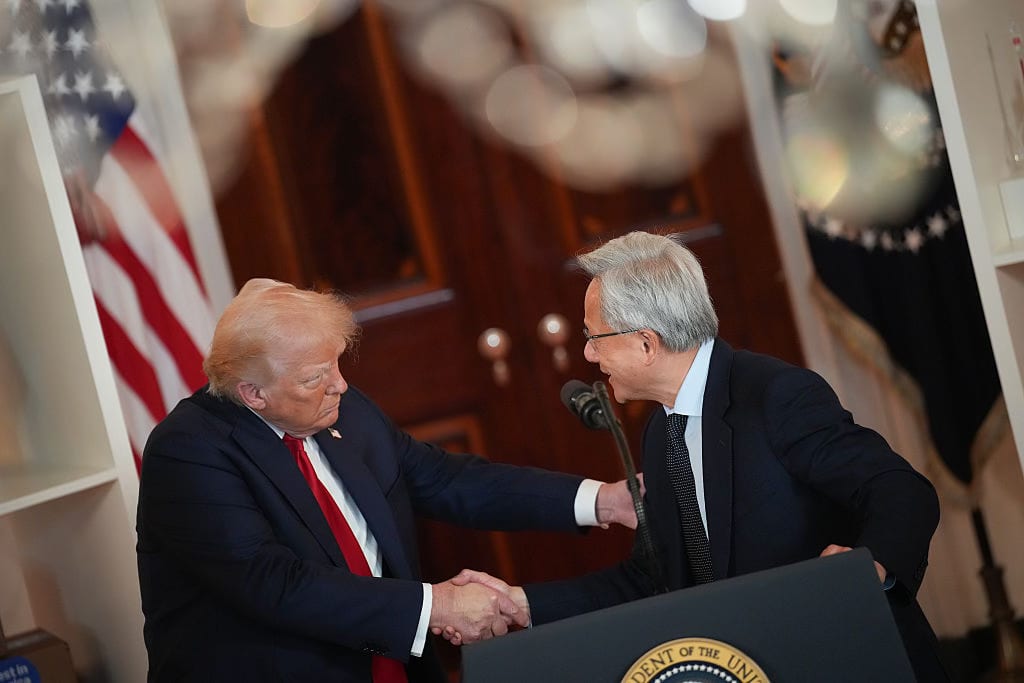Families say disclosing drug prices in TV ads not enough
Five-year-old Elijah needs a drug with a big price tag: nearly $300,000 per year. Living with a life-threatening condition, Elijah was just three when he landed in the hospital after his family couldn't – and their insurance company wouldn't – cover the cost of a key drug, reports CBS News correspondent Chip Reid.
"He was screaming 'Mommy why am I here?' Mommy, please take me home," his mother, Juliana Keeping, recalled. "People are cutting their pills in half, they are going without food, they are being hospitalized, and they are even dying because they can't afford prescription drugs. That happened to us and it's happening all over the country."
President Trump has said those drug companies are "getting away with murder." Health and Human Services Secretary Alex Azar unveiled a proposal Monday that would force pharmaceutical companies to list the price patients could pay for a 30-day supply in all drug ads that appear on TV. The rule would apply to all brand name drugs covered by Medicare and Medicaid, which is most prescription medicines.
Drug companies have another idea. Instead, they're offering to point patients to a website listing each drug's price, estimated out-of-pocket costs and any available discounts.
"We're concerned that if you just have the list price in isolation in the ad, it may deter patients from seeking needed care," said Steve Ubl, president and CEO of the Pharmaceutical Research and Manufacturers of America.
The industry is meeting surprise resistance from President Trump's Health and Human Services secretary, Alex Azar, a former drug company executive. Azar says putting information on a website isn't the same as putting it in an ad.
Ubl believes his organization's approach is better for consumers. But already, families like Elijah's say it's not enough.
"Listing the drug price in direct to consumer advertising is not going to lower drug prices," Elijah's mother said.
She was so frustrated over the cost of his drugs, she moved her family of four to Washington to work as an advocate for affordable drugs. They also got some good news recently: the family's insurance agreed to pay for Elijah's prescription that would've cost more than a quarter of a million dollars a year out of pocket.





